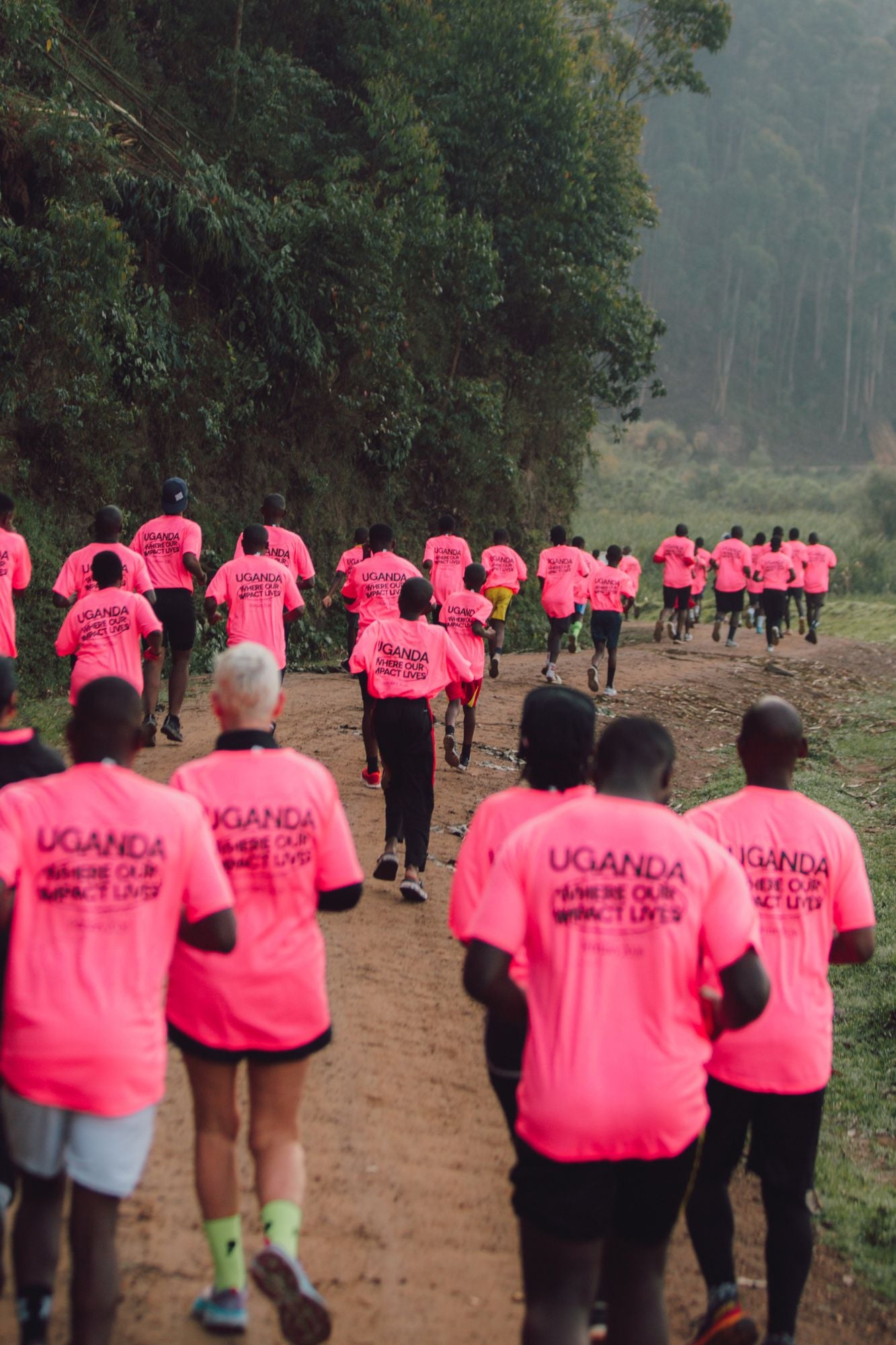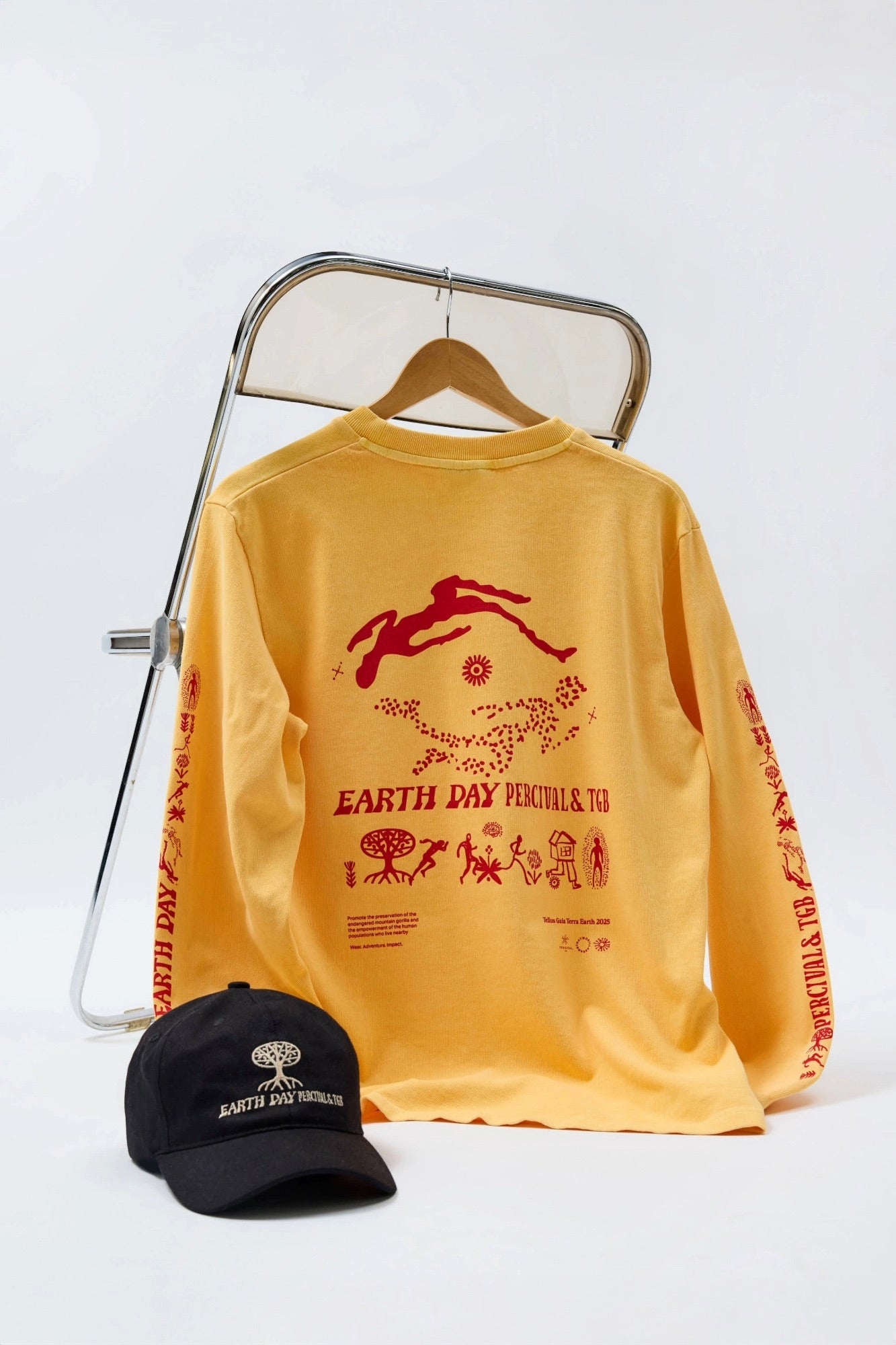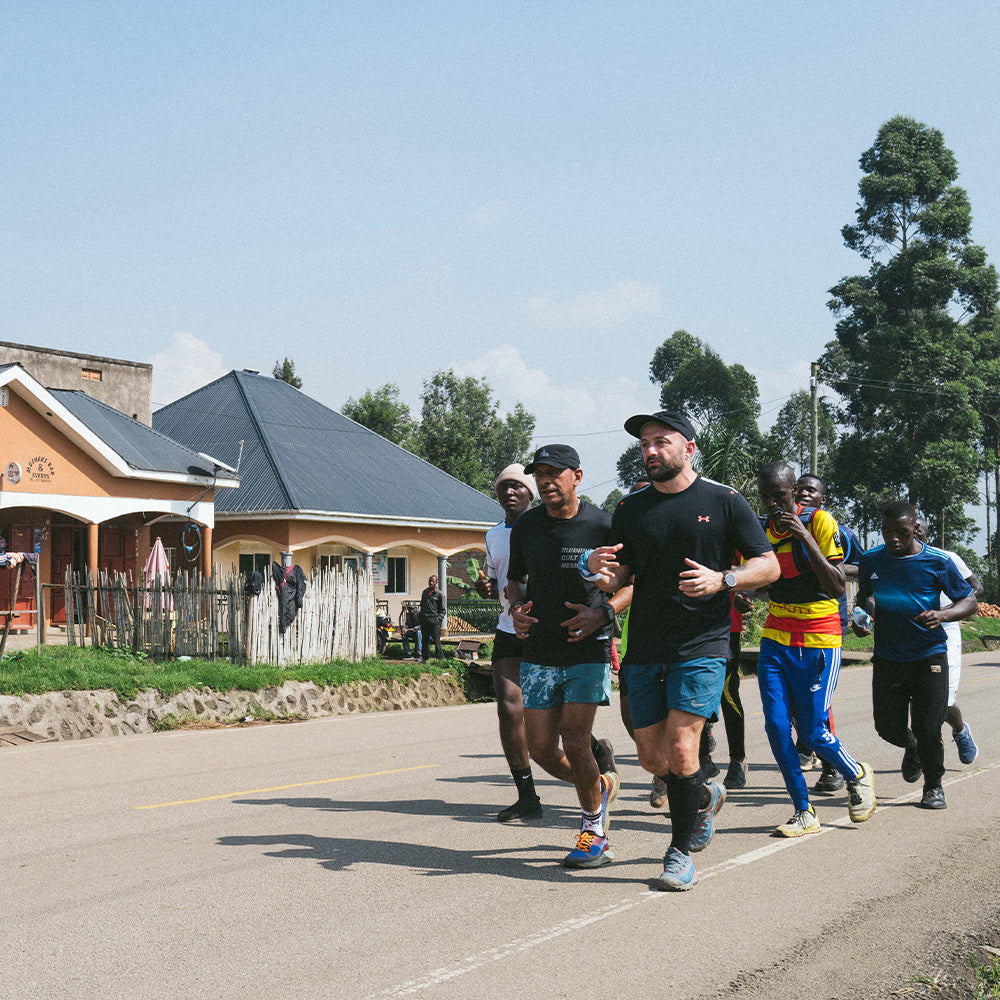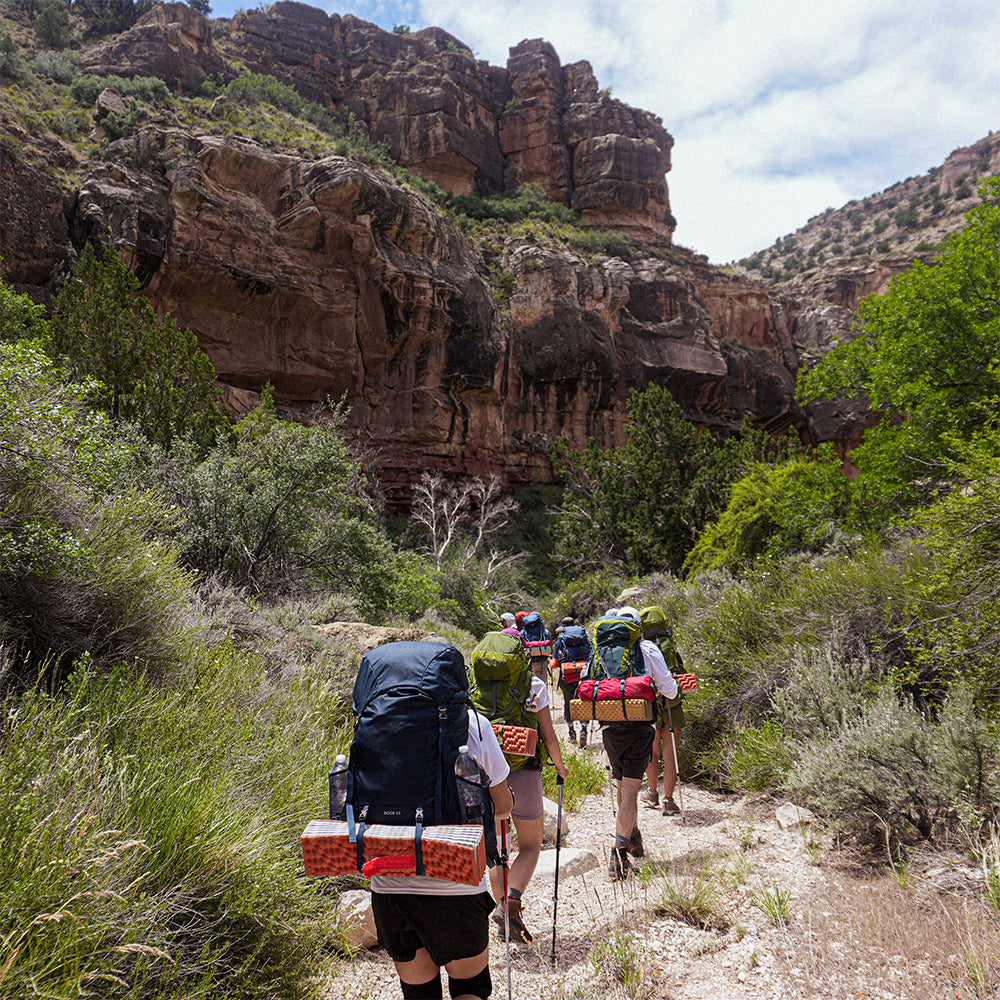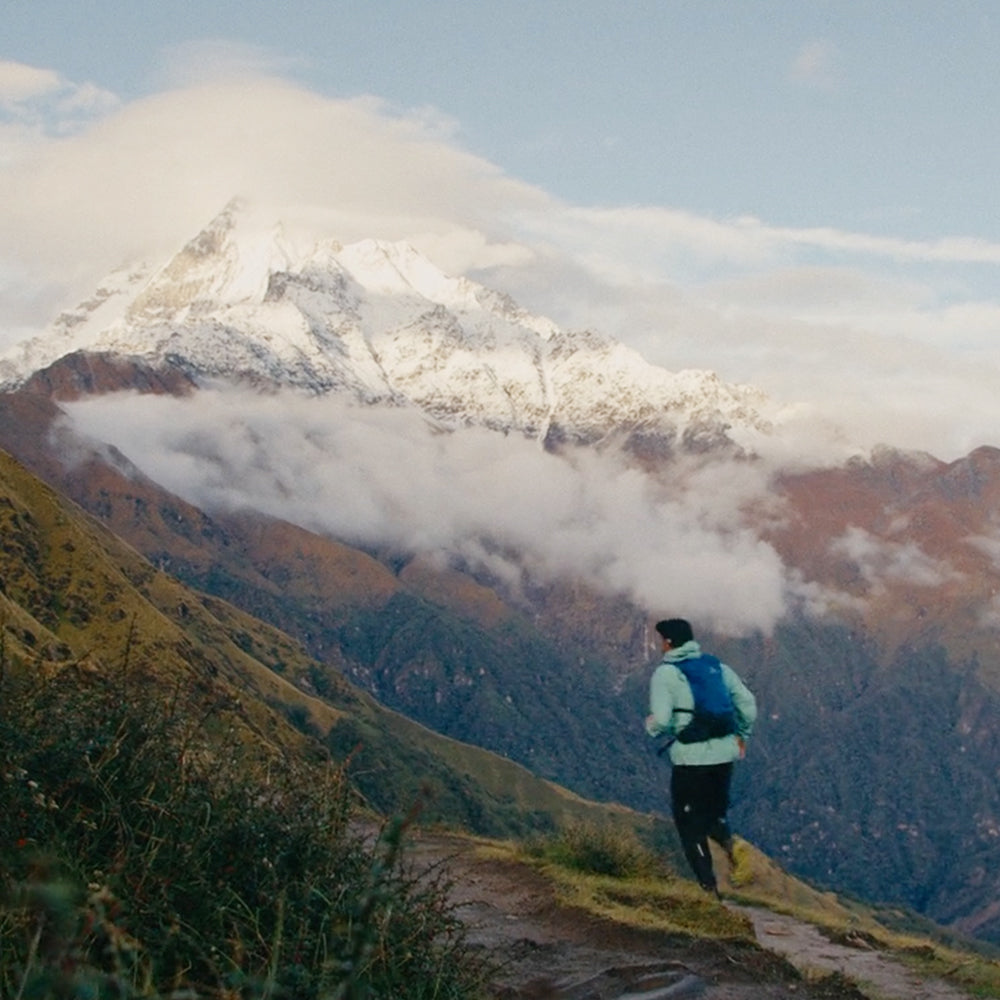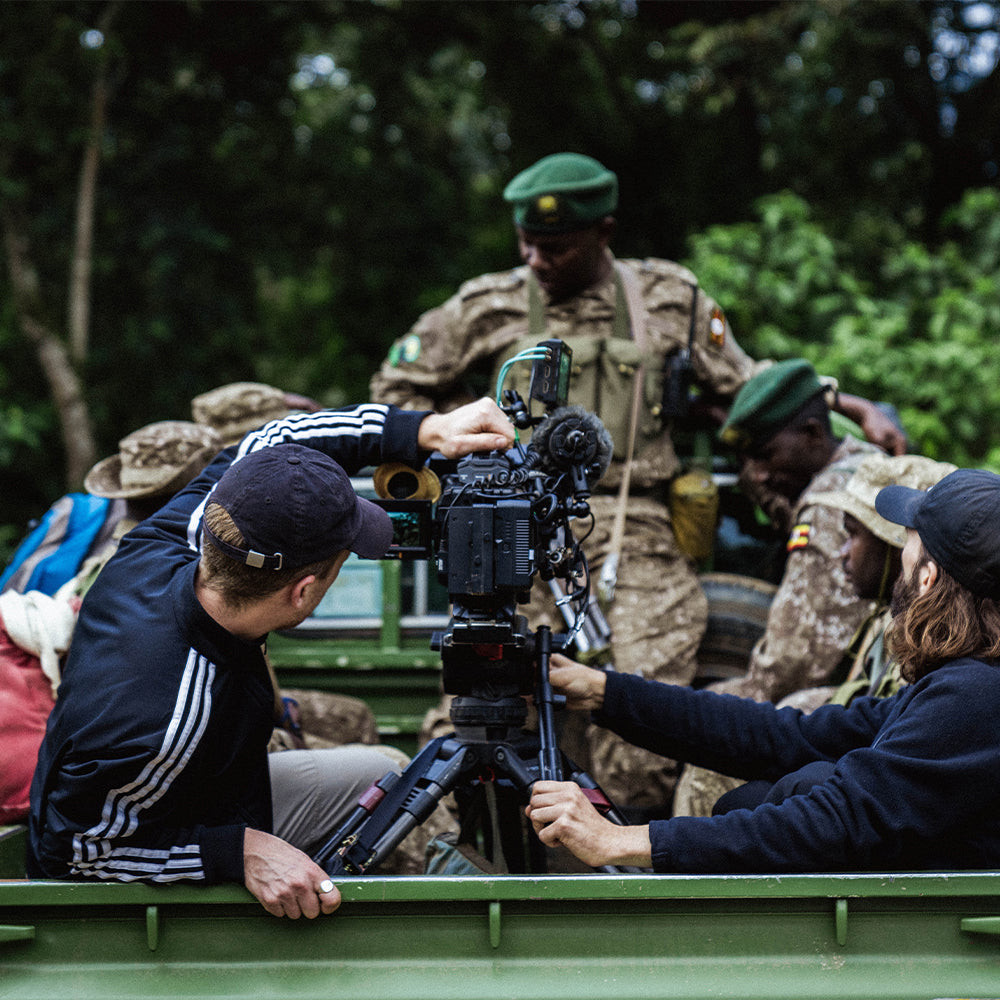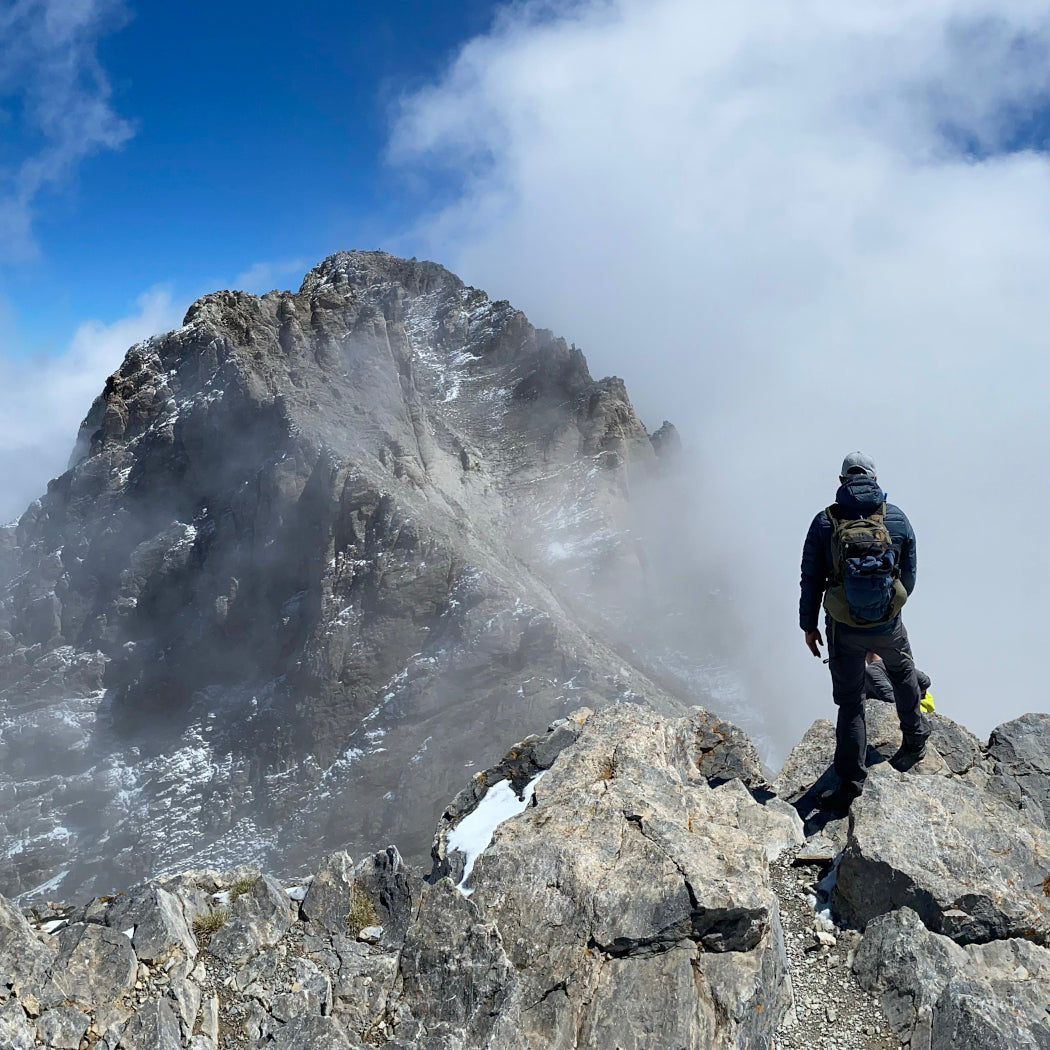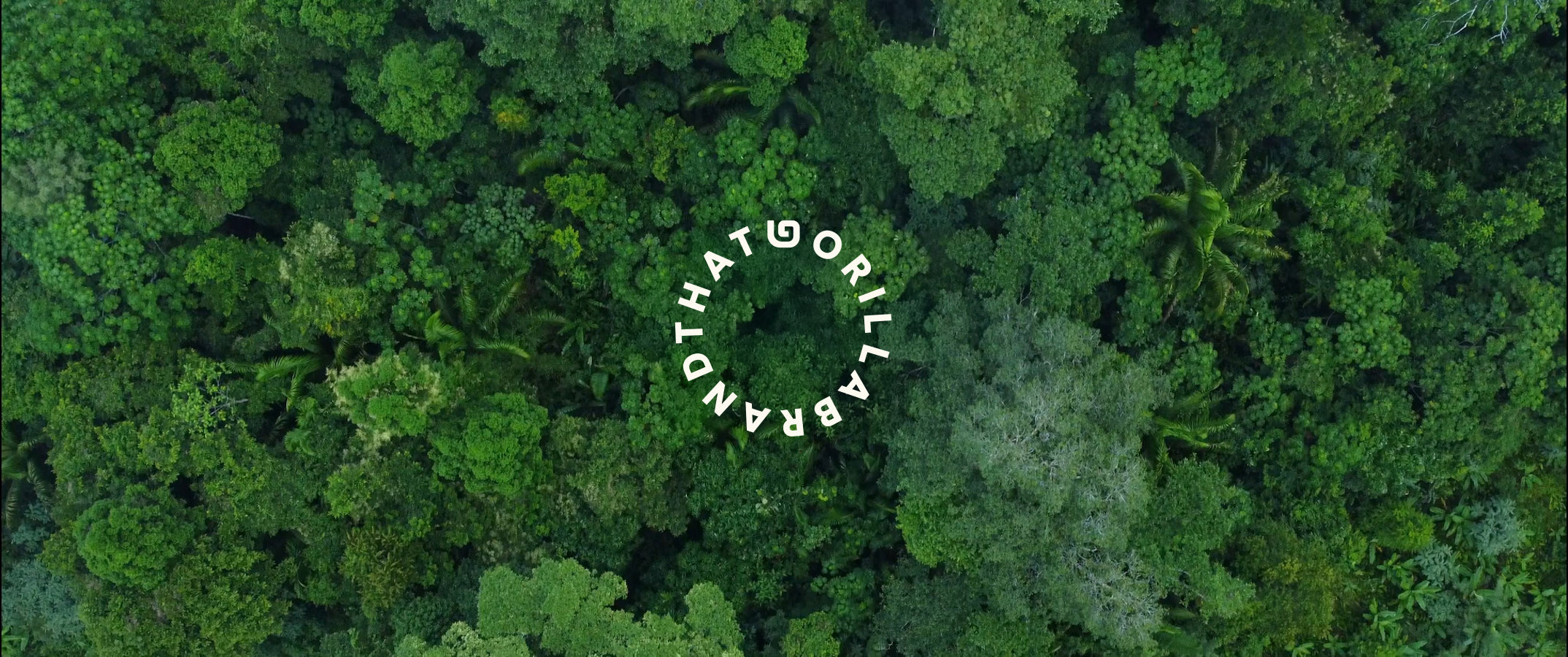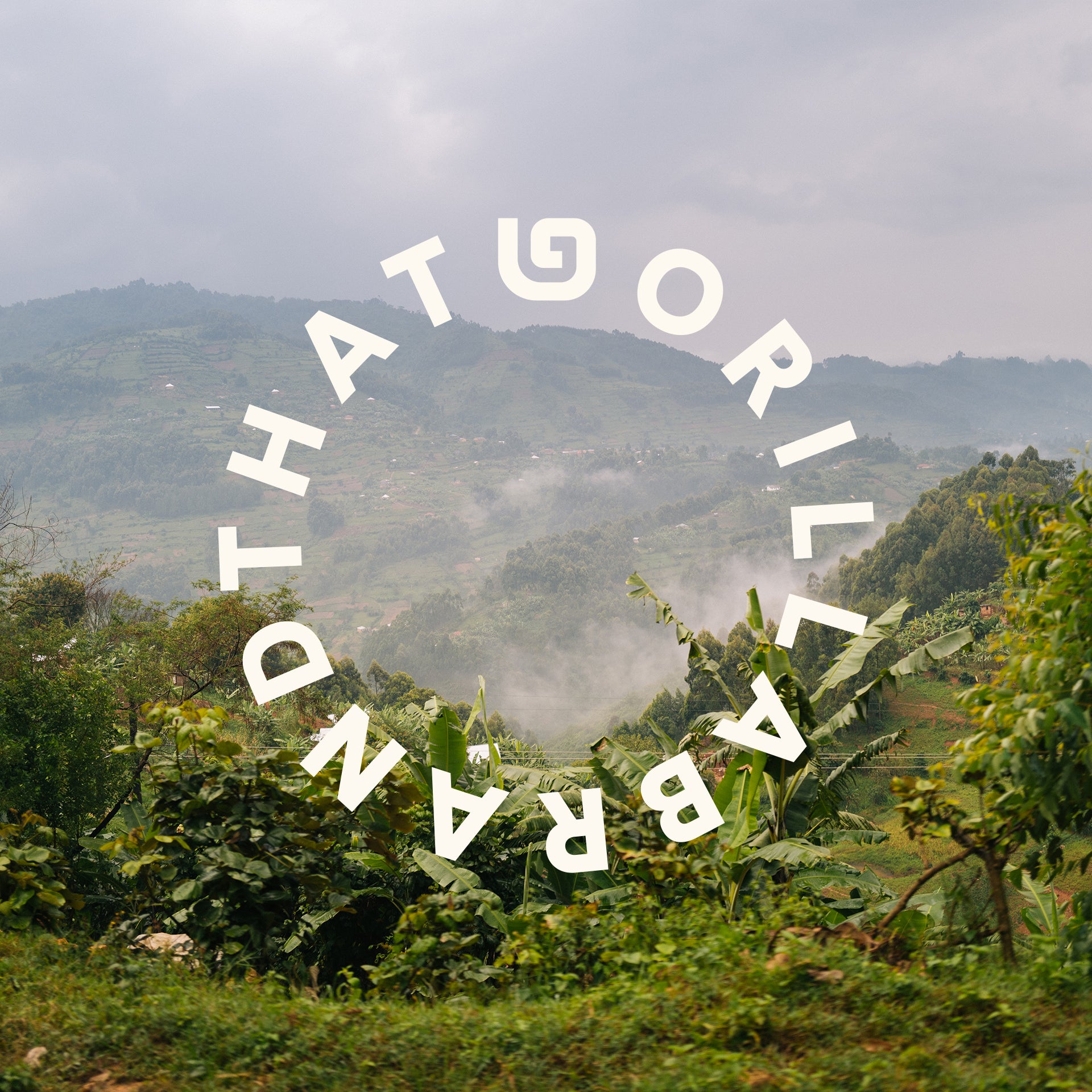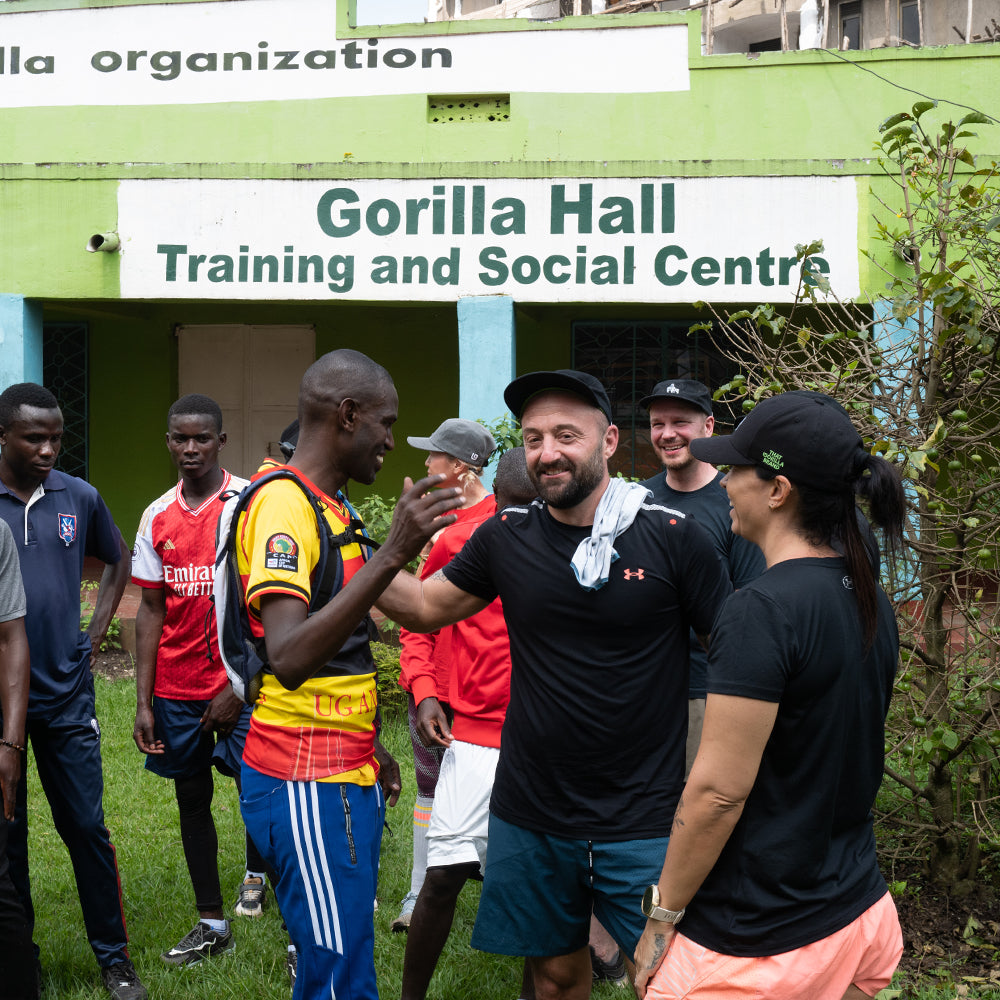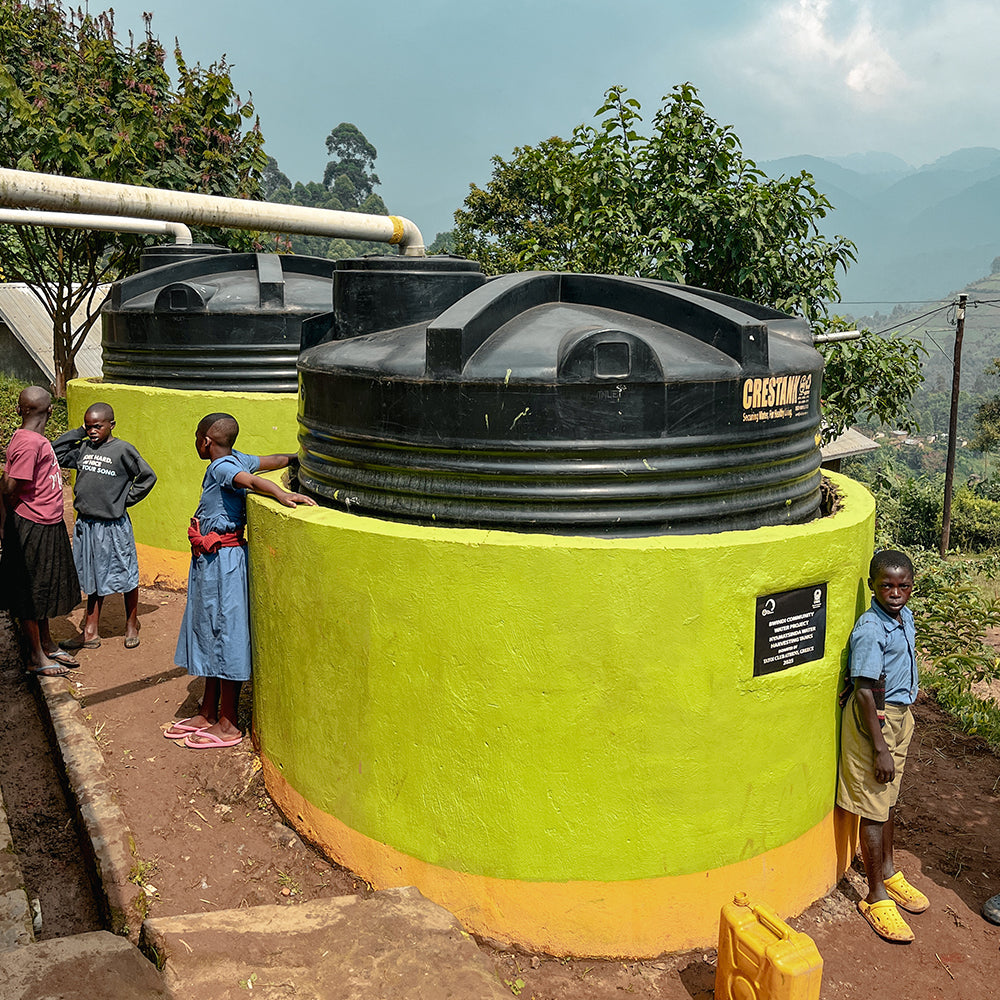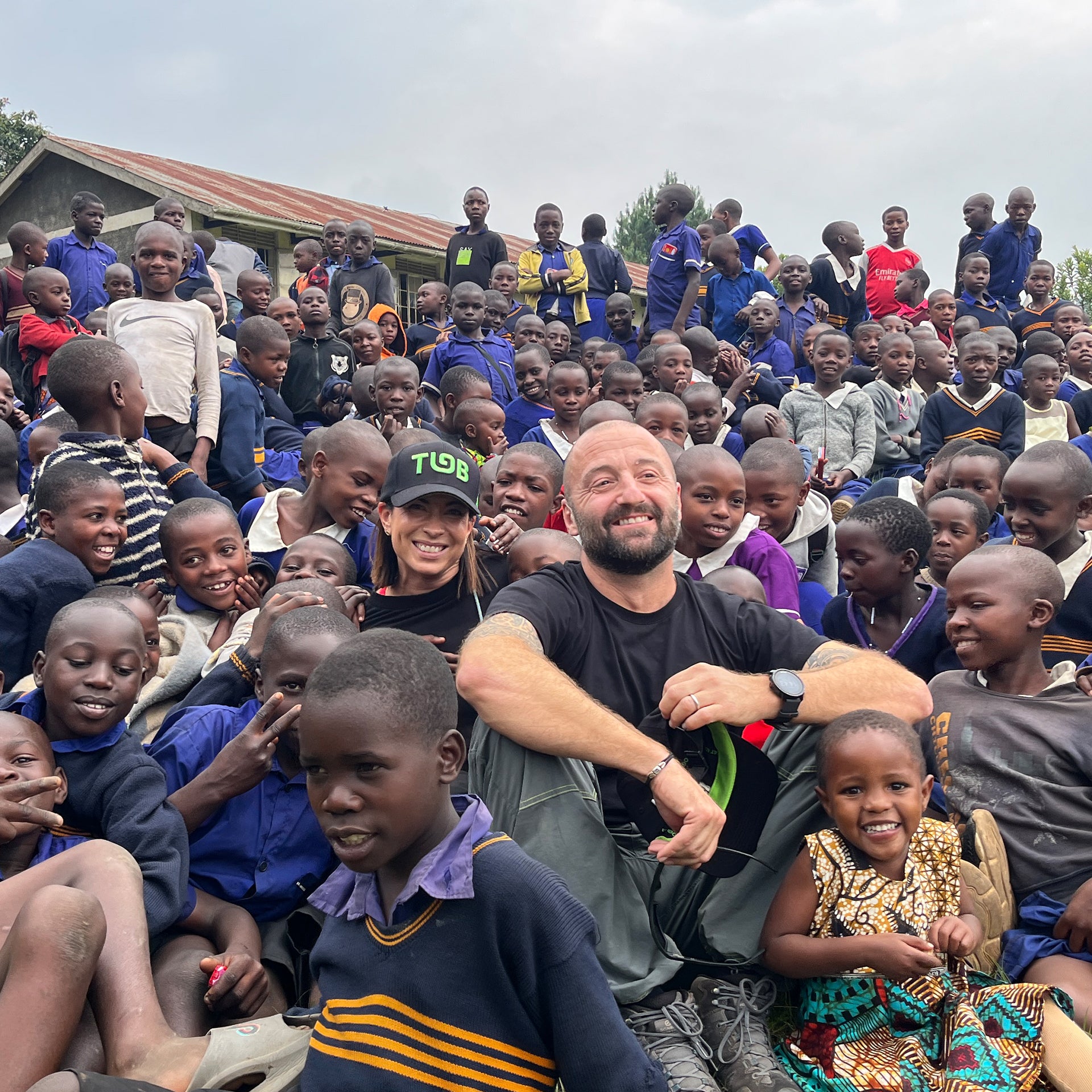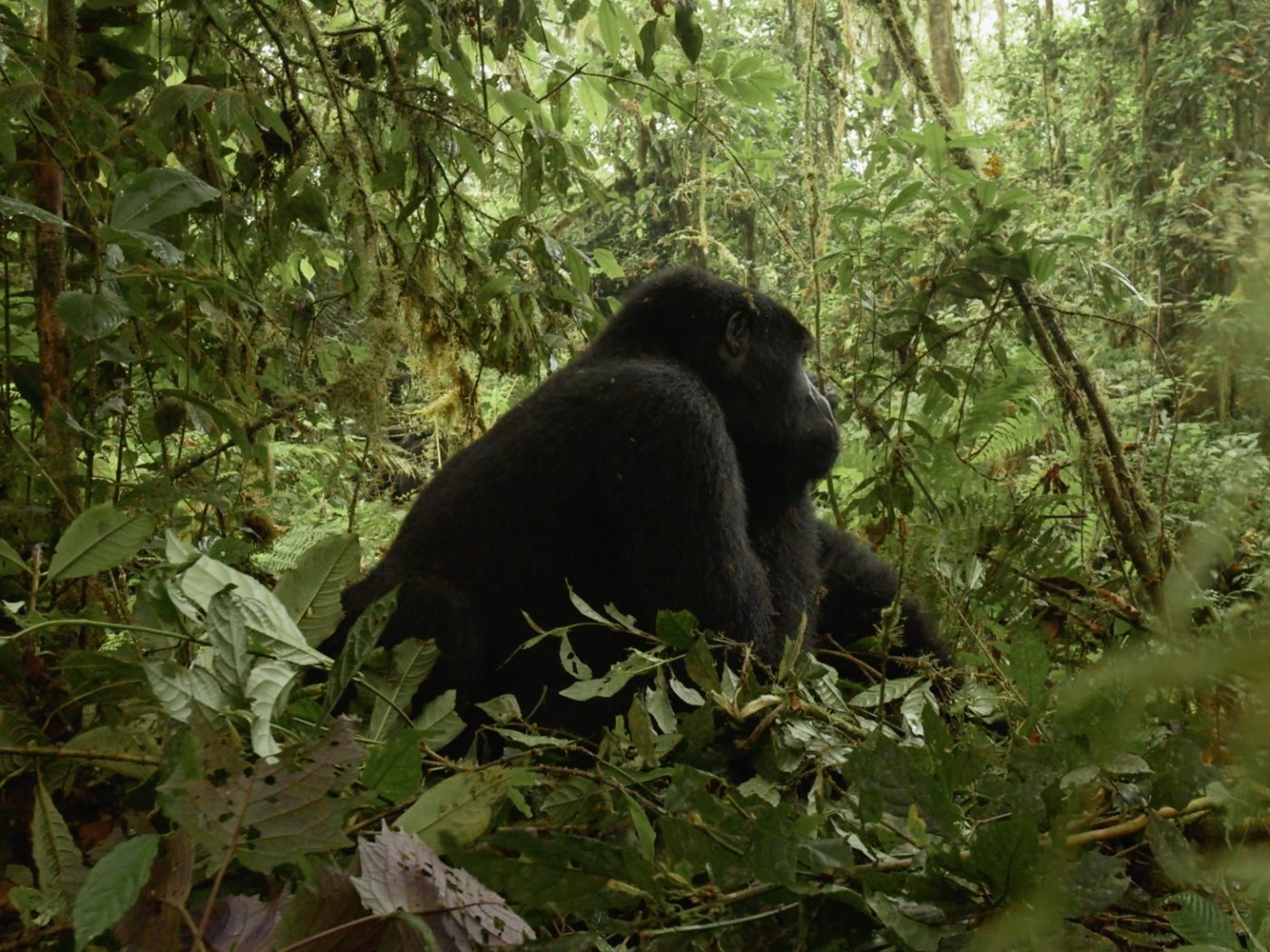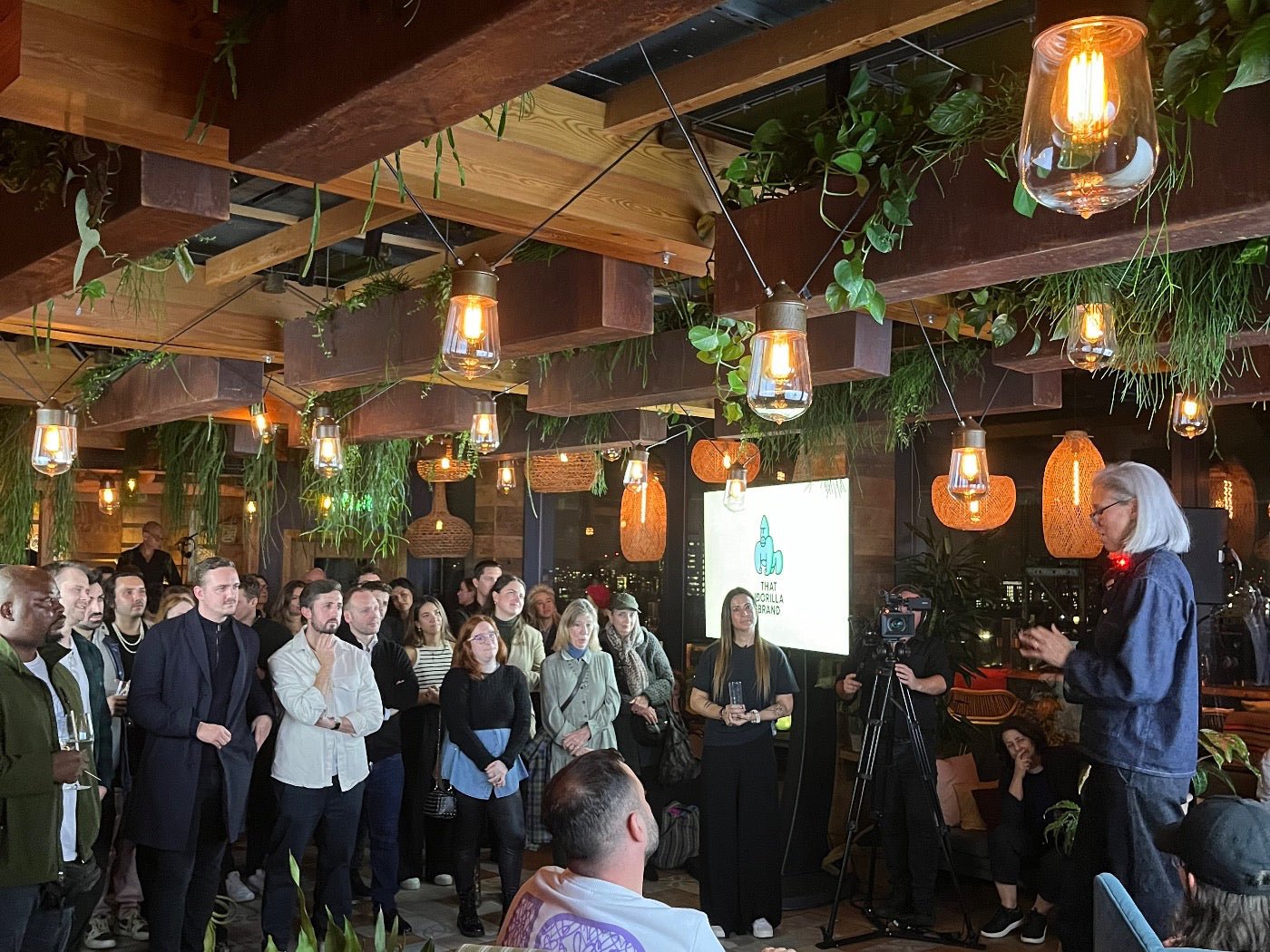The Gorilla Organization, headed by Executive Director Jillian Miller since 1992, was founded in the early 1990s to support the anti-poaching patrols created by the pioneering primatologist Dr. Dian Fossey. Building on her legacy, they researched the reasons why poaching was so prevalent in Africa's national parks. The findings of this research formed the foundations of their innovative community-led approach to conservation.

The Gorilla Organization's fundraising and administration headquarters are in London, with their field work based in Rwanda, Uganda, and DR Congo. As well as supporting ranger patrols, their community-led conservation projects include:
Organic farming: The Gorilla Organization provides training and resources for farmers to switch to organic farming methods. This reduces the use of harmful pesticides and fertilizers, which can harm gorillas and their habitat. Organic farming also helps to improve soil health, increase crop yields, and provide a sustainable income for farmers.
Tree planting: The Gorilla Organization works with local communities to plant trees, which help to restore degraded land and provide habitat for gorillas and other wildlife. The organization also provides education and resources on sustainable forestry practices.
Reformed poachers: The Gorilla Organization works with former poachers to provide alternative livelihoods, such as beekeeping and ecotourism. By giving these individuals a sustainable income, they are less likely to resort to poaching in the future.
Gorilla-friendly beekeeping: The Gorilla Organization provides training and resources for beekeepers to use methods that are safe for gorillas and their habitat. This includes using natural materials for hives and avoiding the use of pesticides that can harm bees and other wildlife.

All of these projects give impoverished communities the opportunity to earn a sustainable income without having to rely on the natural resources found within the gorilla's habitat. By providing alternative livelihoods, these projects help to build a better future for gorillas and the people they live alongside.
In addition to these community-led conservation projects, The Gorilla Organization also carries out community education projects such as:
Radio programs: The Gorilla Organization produces radio programs that are broadcast in local languages, reaching millions of people across Central and Eastern Africa. These programs provide education on gorilla conservation, sustainable agriculture, and other environmental issues.
Children's wildlife clubs: The Gorilla Organization works with local schools to establish wildlife clubs, where children can learn about gorillas and other wildlife in a fun and interactive way. This helps to instill a love and appreciation for the environment from an early age.
Pedal-powered cinemas: The Gorilla Organization uses pedal-powered cinema equipment to show films about gorilla conservation in rural communities. This provides education and entertainment in areas without access to electricity.

Through these community education projects, The Gorilla Organization is able to spread the message of gorilla conservation to communities across Central and Eastern Africa. By encouraging children who live near gorillas to love the environment, the organization is helping to create the forest-friendly farmers, conservationists, artists, and eco-tour operators of tomorrow.
These community led conservation projects have gone from strength to strength and have transformed the lives of thousands of people, most of them living in some of Africa's poorest communities. By empowering local communities and providing sustainable livelihoods, The Gorilla Organization has helped to reduce the threats to the endangered mountain gorilla and promote long-term conservation efforts.



